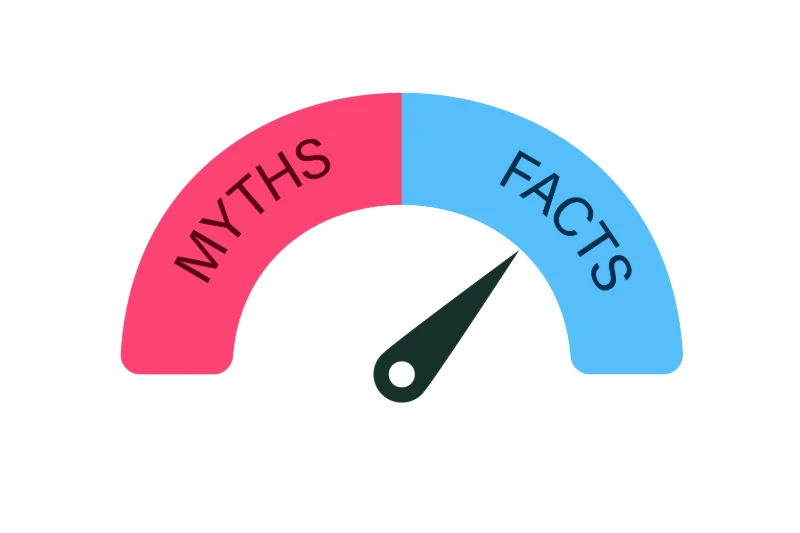First Time Homebuyer 101: Understanding Your Credit Score
First Time Homebuyer 101: Understanding Your Credit Score
Understanding Your Credit Score: A Key Factor in Home Buying
When you’re stepping into the world of homeownership, one of the most crucial elements to understand is your credit score. This score, a seemingly simple number, is actually a complex blend of various financial behaviors and history. Let’s break down the five components that make up your credit score, making it easy to understand how it’s calculated and what you can do to improve it.
The Sources of Your Credit Score
Your credit score is derived from information gathered by the three major credit reporting agencies: Experian, TransUnion, and Equifax. These agencies compile data on your financial activities, which then influence your overall credit score.
1. Payment History (35%)
The largest portion of your credit score, a whopping 35%, is based on your payment history. This includes whether you make payments on time, and if not, how late these payments are – be it 30, 60, or even 120 days overdue. Consistently paying your bills on time is crucial to maintaining a healthy credit score.
2. Amounts Owed (30%)
Next up, accounting for 30% of your score, is the amount of money you currently owe. For instance, if you have a credit card with a $10,000 limit and you owe $1,500, this is more favorable than owing $9,900 on the same limit. It’s all about how much of your available credit you’re using.
3. Length of Credit History (15%)
Representing 15% of your score is the length of your credit history. Credit agencies look at how long you’ve had your accounts open. A longer credit history typically works in your favor, indicating a more established financial track record.
4. New Credit (10%)
New credit makes up 10% of your score. This involves applying for and using new credit lines. If you’ve had the same few credit cards for many years, occasionally applying for a new one and using it responsibly can positively impact your score. The key is active, yet responsible credit management.
5. Types of Credit Used (10%)
Finally, the last 10% of your credit score is determined by the mix of credit you have – this includes installment loans, such as car payments, and revolving credit like credit cards. A diverse mix can positively influence your score.
Understanding these components is vital in preparing for homeownership. By managing these aspects wisely, you can maintain or improve your credit score, which is a significant factor in securing a favorable mortgage. Remember, a healthy credit score opens doors in your home buying journey!
Got to you First Lesson Here: STEP 2
For more information on Colorado real estate and financing, visit 719lending.com.
The post First Time Homebuyer 101: Understanding Your Credit Score appeared first on 719 Lending.
Categories
Recent Posts












